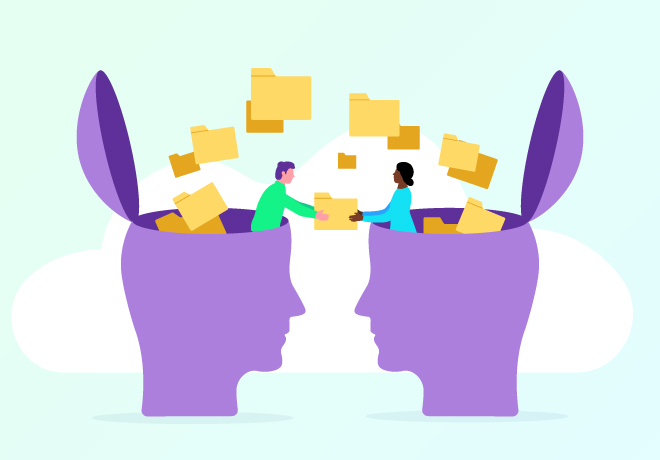
From Brain to Blueprint: Transfer SME Knowledge into Scalable Training

Related articles
Get valuable eLearning insights to your inbox.
Listen to Neovation’s Demystifying eLearning podcast generated with NotebookLM!
Listen to our podcast on your favorite platform!
Your company's most important knowledge belongs to your Subject Matter Experts (SMEs). They are the people who really understand how things get done, from your internal processes to what your customers need.
This expert know-how is what makes your business run well day-to-day. But for most businesses, this valuable SME knowledge isn't written down. It's stuck in the heads of a few experts or trapped within different teams that don't share it.
This causes real, everyday problems. Employees waste time looking for answers or re-doing work that's already been figured out. Mistakes happen more often because people don't have clear instructions.
The way to fix this is getting that expert SME knowledge out of people's heads and turning it into clear, useful training materials. By doing this, you turn a major business risk into a tool that makes your entire team stronger and helps your company grow.
What Is Knowledge Transfer?
Knowledge transfer is the process of moving critical, unwritten expertise from the minds of key individuals (SMEs) and isolated departments into a documented, scalable, and accessible format for the entire organization.
Without a formal knowledge transfer process, organizations inevitably suffer from the consequences of insulated knowledge and information silos. Understanding the knowledge transfer meaning is the first step to solving these issues. When information isn't shared, productivity drops, teams duplicate efforts, and the risk of costly errors increases.
The case for a formal knowledge transfer plan
A formal knowledge transfer plan is a core business strategy, not just an operational task. It systematically converts undocumented knowledge from individuals into a permanent, organized company asset, building a foundation for sustainable growth.
A formal plan also safeguards your organization against employee turnover. Instead of critical knowledge walking out the door with an expert, it is captured and preserved, protecting your business from the disruption and knowledge gaps that threaten business continuity. A structured transfer of knowledge delivers a clear and compelling Return on Investment (ROI):
- Increased productivity: Well-trained employees spend less time searching for answers and make fewer costly errors. Companies with strong knowledge-sharing are 52% more productive.
- Improved talent retention: Investing in employee development is a powerful retention tool. Formal training shows employees they are valued, creating a culture of support that encourages them to stay.
- Risk mitigation: Formalized training is a key part of risk mitigation. It ensures employees follow critical safety and regulatory standards, protecting your business from costly penalties and reputational damage.
Executing the Knowledge Transfer: The Partnership Between SMEs and Instructional Designers
In knowledge transfer, execution hinges on the dynamic partnership between subject matter experts and Instructional Designers (IDs).
Think of IDs as "knowledge alchemists"; they are the skilled professionals who use instructional design to bridge the gap between complex expertise and clear learner comprehension. They don't just record information—they transform the raw material of an expert's knowledge into learning gold. A successful knowledge transfer plan relies on a collaborative process built on professionalism and proven techniques:
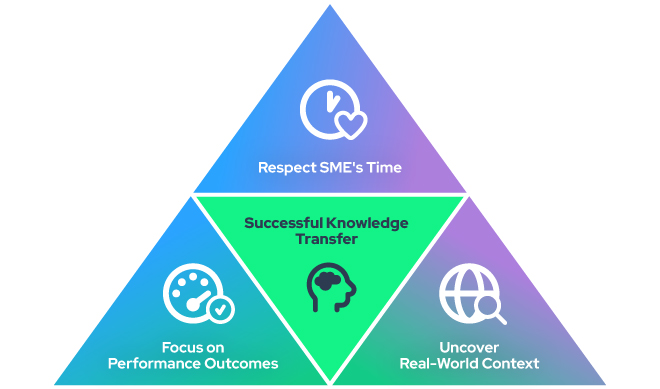
- Setting clear expectations and respecting the SME's time. The partnership begins by establishing clear goals, timelines, and roles. Recognizing that SMEs have their own full-time responsibilities is crucial for building a trusting and efficient working relationship.
- Focusing questions on performance outcomes. Instead of asking "What do you know about this topic?", an effective ID asks, "What should the learner be able to do after this training?" This performance-based approach ensures that every piece of content from the transfer of knowledge is tied directly to a tangible skill or business objective.
- Uncovering real-world context, stories, and common mistakes. The most effective training is authentic and relatable. IDs skillfully interview SMEs to draw out not just processes and facts, but also real-world examples, common pitfalls, and the hard-won best practices that make the training relevant and memorable for learners.
The core task of this partnership is strategic extraction. An SME's knowledge is vast and deep, but not all of it is necessary for a training module.
The ID's first job is to work with the SME to distinguish between what is interesting and what is essential. They refine the overwhelming detail an expert possesses to pinpoint exactly what learners need to know to perform their jobs effectively, separating it from specific, deep information that, while important, may not be required for the target audience.
Case Study: How Neovation's Custom Learning Team Helped Beacon of Light Unlock Their SME Knowledge
Beacon of Light, a faith-based organization, faced a common challenge: their critical mental health expertise was trapped in inconsistent, in-person training sessions led by their pastors (SMEs). To ensure consistency and expand their reach, they partnered with Neovation's custom learning team to formalize this "tribal knowledge" into a scalable eLearning program.
The partnership began with a collaborative workshop and in-depth interviews to systematically extract the pastors' deep, unwritten knowledge on sensitive topics. Neovation's instructional designers then acted as "knowledge alchemists," transforming the raw, often overwhelming, information into a focused curriculum. Specifically, they:
- Refined vast expertise into digestible, bite-sized modules to improve retention.
- Designed and built highly interactive (Level 3) courses using tools like Articulate Storyline.
- Applied science-backed learning theories to create an engaging, learner-centric experience.
This successful knowledge transfer plan converted an at-risk, informal process into a permanent, powerful asset for Beacon of Light. The direct results included:
- The pastors' expertise was preserved as a lasting "institutional" resource.
- A single, high-quality eLearning program replaced varied in-person sessions, allowing for broad and uniform distribution.
- The interactive and engaging format equipped church leaders with practical skills and confidence.
Ultimately, this strategic partnership empowered Beacon of Light to expand its mission, demonstrating how a well-executed project can fuel organizational growth and impact.
Choosing a Partner for Your Knowledge Transfer Initiative
Leaving critical knowledge trapped in the minds of a few experts is a major business risk. Transforming that expertise from a hidden liability into a scalable asset is a strategic imperative.
An expert instructional design partner like Neovation simplifies this complex knowledge transfer process, from conducting SME interviews to developing engaging eLearning that delivers results. Ultimately, this investment mitigates risk, empowers employees, and drives sustainable business growth—unlocking the full potential of your organization's expertise.

Alex is an experienced writer and marketer with an interest in all things education. With a background in literary theory, technical writing, and document design, he is interested in how learners make meaning from language and how to create meaningful connections through writing.
Become part of our L&D community
We publish a new learning hub article — full of useful, practical topics — weekly.
Not sure where where you want to start? Jump into one of our recently published articles and see where it takes you!




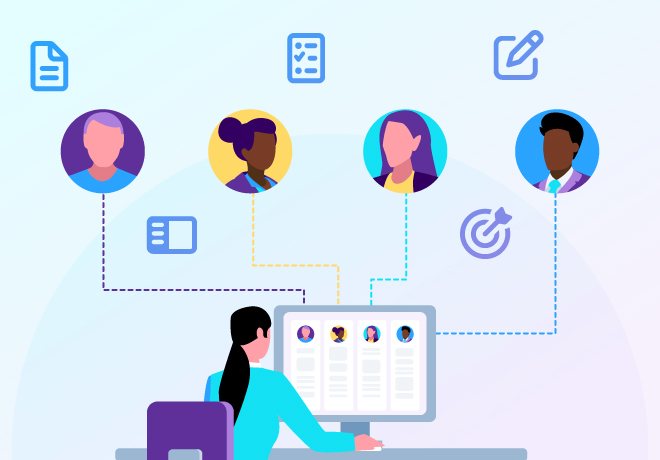
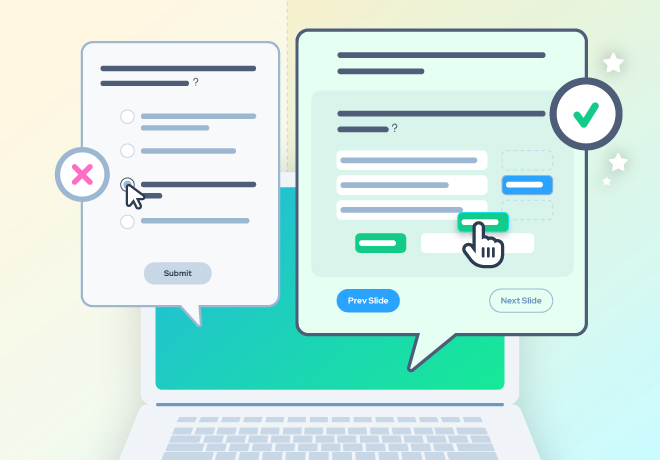
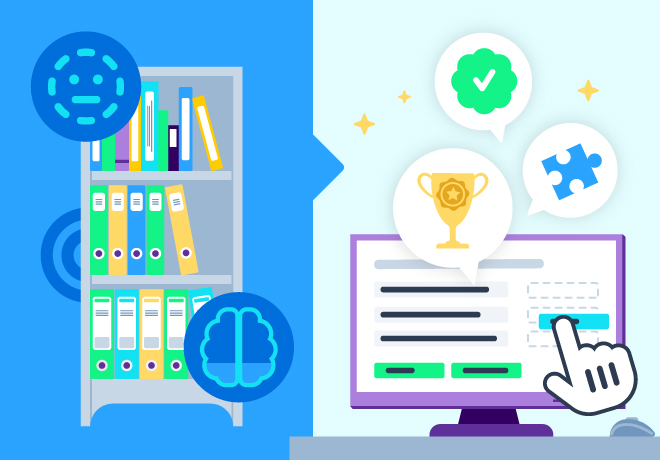
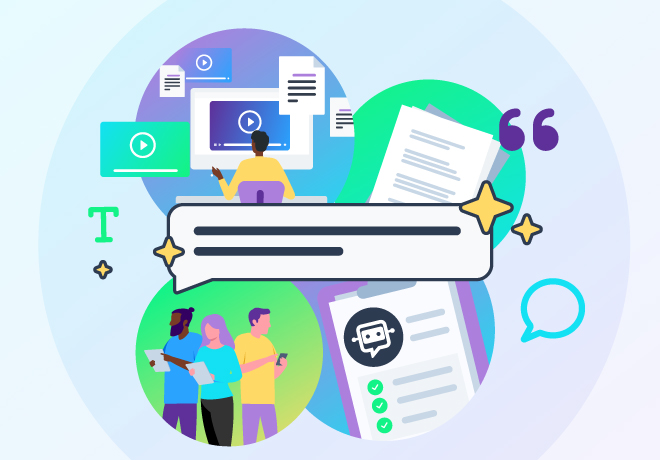
-svg.svg)
-svg.svg)
-svg.svg)
-svg.svg)